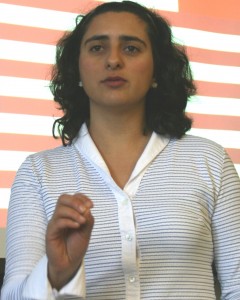Posts
https://education.ufl.edu/news/files/2019/07/News-1-300x65.png
0
0
https://education.ufl.edu/news/files/2019/07/News-1-300x65.png
2013-02-11 12:11:072013-03-04 15:08:18NEW YORK TIMES: Pilar Mendoza
https://education.ufl.edu/news/files/2019/07/News-1-300x65.png
0
0
https://education.ufl.edu/news/files/2019/07/News-1-300x65.png
2013-02-11 11:47:552013-02-20 09:01:27New York Times cites Higher Ed professor's research on college student debt
https://education.ufl.edu/news/files/2019/07/News-1-300x65.png
0
0
https://education.ufl.edu/news/files/2019/07/News-1-300x65.png
2013-01-24 05:42:592013-01-24 12:12:25INDEPENDENT FLORIDA ALLIGATOR: Colombia law school human rights center
https://education.ufl.edu/news/files/2019/07/News-1-300x65.png
0
0
https://education.ufl.edu/news/files/2019/07/News-1-300x65.png
2013-01-16 15:30:472013-03-12 11:24:02COE, UF partner with Colombian schools to improve human rights law
https://education.ufl.edu/news/files/2019/07/News-1-300x65.png
0
0
https://education.ufl.edu/news/files/2019/07/News-1-300x65.png
2012-11-28 10:45:552013-01-15 10:48:34THE NATIONAL LAW JOURNAL: Pilar Mendoza
https://education.ufl.edu/news/files/2019/07/News-1-300x65.png
0
0
https://education.ufl.edu/news/files/2019/07/News-1-300x65.png
2012-06-12 13:42:472012-06-15 16:16:56Higher Ed professor in partnering talks with Colombian university
Scroll to top





